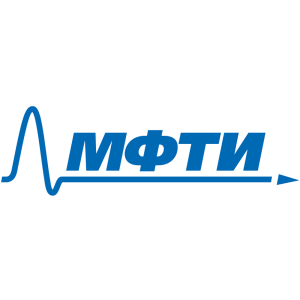
Towards the Accurate Automatic Detection of Mesoscale Convective Systems in Remote Sensing Data: From Data Mining to Deep Learning Models and Their Applications
Mesoscale convective systems (MCSs) and associated hazardous meteorological phenomena cause considerable economic damage and even loss of lives in the mid-latitudes. The mechanisms behind the formation and intensification of MCSs are still not well understood due to limited observational data and inaccurate climate models. Improving the prediction and understanding of MCSs is a high-priority area in hydrometeorology. One may study MCSs either employing high-resolution atmospheric modeling or through the analysis of remote sensing images which are known to reflect some of the characteristics of MCSs, including high temperature gradients of cloud-top, specific spatial shapes of temperature patterns, etc. However, research on MCSs using remote sensing data is limited by inadequate (in size) databases of satellite-identified MCSs and poorly equipped automated tools for MCS identification and tracking. In this study, we present (a) the GeoAnnotateAssisted tool for fast and convenient visual identification of MCSs in satellite imagery, which is capable of providing AI-generated suggestions of MCS labels; (b) the Dataset of Mesoscale Convective Systems over the European Territory of Russia (DaMesCoS-ETR), which we created using this tool, and (c) the Deep Convolutional Neural Network for the Identification of Mesoscale Convective Systems (MesCoSNet), constructed following the RetinaNet architecture, which is capable of identifying MCSs in Meteosat MSG/SEVIRI data. We demonstrate that our neural network, optimized in terms of its hyperparameters, provides high MCS identification quality (mAP=0.75, true positive rate TPR=0.61) and a well-specified detection uncertainty (false alarm ratio FAR=0.36). Additionally, we demonstrate potential applications of the GeoAnnotateAssisted labelling tool, the DaMesCoS-ETR dataset, and the MesCoSNet neural network in addressing MCS research challenges. Specifically, we present the climatology of axisymmetric MCSs over the European territory of Russia from 2014 to 2020 during summer seasons (May to September), obtained using MesCoSNet with Meteosat MSG/SEVIRI data. The automated identification of MCSs by the MesCoSNet artificial neural network opens up new avenues for previously unattainable MCS research topics.
Топ-30
Журналы
|
1
2
|
|
|
Moscow University Physics Bulletin (English Translation of Vestnik Moskovskogo Universiteta, Fizika)
2 публикации, 40%
|
|
|
Remote Sensing
1 публикация, 20%
|
|
|
Molecular Plant
1 публикация, 20%
|
|
|
Atmospheric and Oceanic Optics
1 публикация, 20%
|
|
|
1
2
|
Издатели
|
1
2
|
|
|
Pleiades Publishing
2 публикации, 40%
|
|
|
MDPI
1 публикация, 20%
|
|
|
Allerton Press
1 публикация, 20%
|
|
|
Elsevier
1 публикация, 20%
|
|
|
1
2
|
- Мы не учитываем публикации, у которых нет DOI.
- Статистика публикаций обновляется еженедельно.
Вы ученый?






